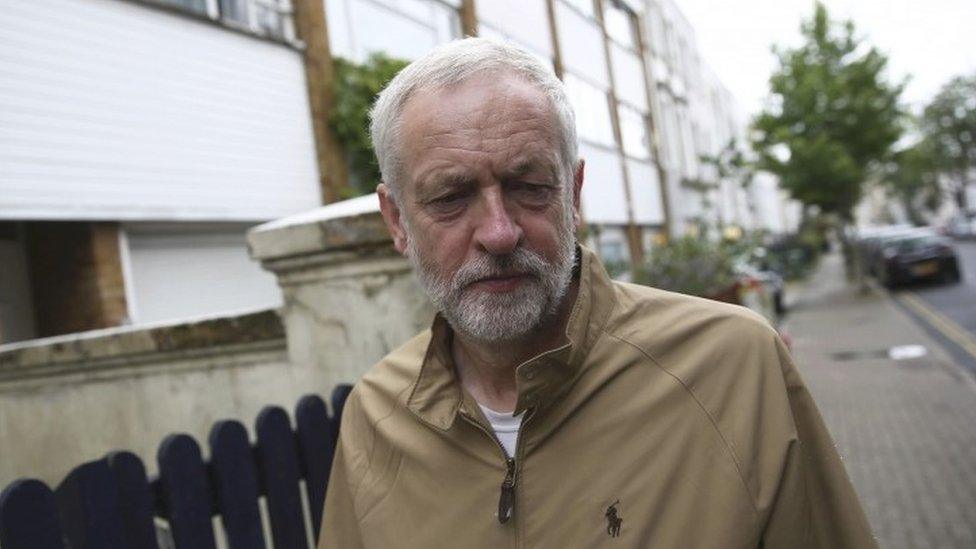May adds energy policy to Business department
- Published
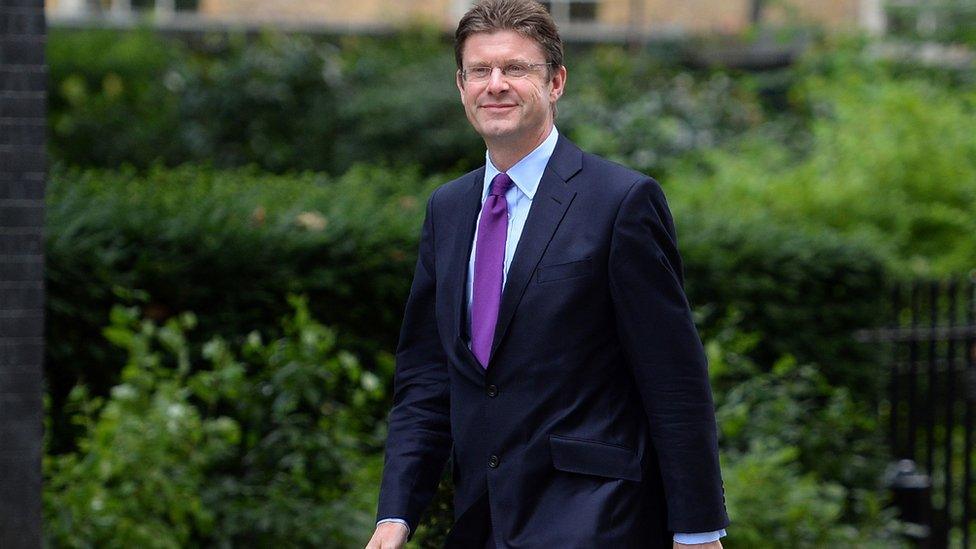
Greg Clark, the new Secretary of State for Business, Energy and Industrial Strategy
Theresa May's new Tory government has revamped the Department for Business, which will be led by Greg Clark.
Renamed the Department for Business, Energy and Industrial Strategy, it takes on energy policy.
As a result, the Department of Energy and Climate Change has been disbanded eight years after it was set up.
Oversight of universities, further education, skills and apprenticeships has been transferred to the Department for Education.
Mr Clark, the new Secretary of State for Business, Energy and Industrial Strategy, said: "I am thrilled to have been appointed to lead this new department charged with delivering a comprehensive industrial strategy, leading government's relationship with business, furthering our world-class science base, delivering affordable, clean energy and tackling climate change."
He was previously Communities Secretary.
The MP for Tunbridge Wells grew up in Middlesbrough and went on to study economics at Cambridge University before earning a doctorate at the London School of Economics for a thesis on incentive payments.
Before entering politics, Mr Clark worked for the Boston Consulting Group, one of the world's biggest consultancy firms.
Sajid Javid, the previous Business Secretary, replaces Mr Clark at the Department for Communities and Local Government, which is considered a lower profile role.
'Massive distraction'
The Institute for Government questioned the wisdom of such a major overhaul of the energy and business portfolios.
"The further changes to BIS [Department for Business], DECC [Department of Energy] and DfE [Department for Education] were unexpected, and will inevitably come at a cost. In 2007, when Gordon Brown created the Department of Innovation, Universities and Skills, the initial start-up costs were around £15m," the Institute said.
"Beyond these costs, departmental changes cause a massive distraction, with the initial transition taking months, and full integration taking years."
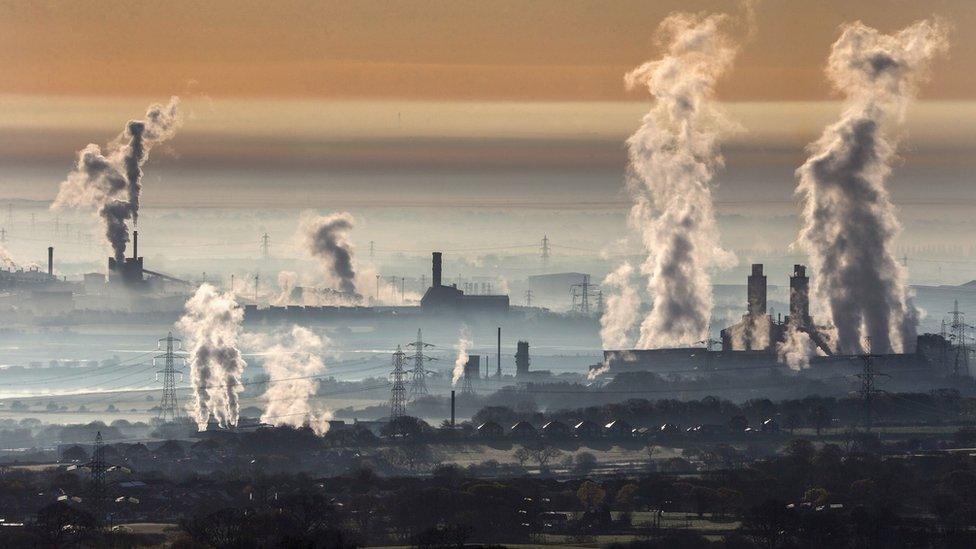
Ed Miliband, a former Climate and Energy Secretary and ex-Labour leader, tweeted: "DECC abolition just plain stupid. Climate not even mentioned in new dept. title. Matters because depts shape priorities shape outcomes."
Green Party MP Caroline Lucas said the abolition was a "deeply worrying move", adding: "Dealing with climate change requires a dedicated minister at the Cabinet table. To throw it into the basement of another Whitehall department looks like a serious backwards step."
However, Mr Clark's appointment was welcomed by Richard Black, director of the Energy and Climate Intelligence Unit.
"He understands climate change and has written influential papers on the benefits of Britain developing a low-carbon economy," he said.
"Importantly, he sees that economic growth and tackling climate change are bedfellows, not opponents - and he now has the opportunity to align British industry, energy and climate policy in a way that's never been done before."
- Published14 July 2016
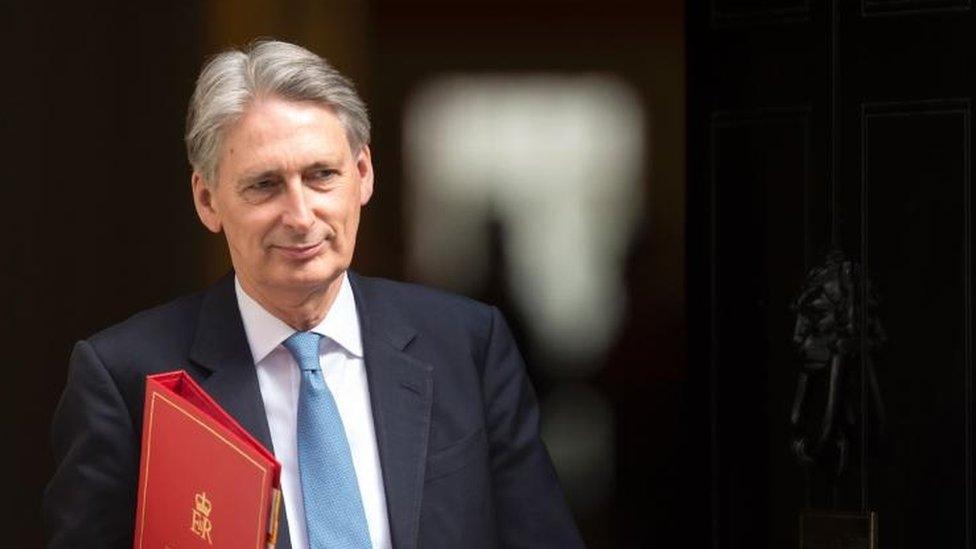
- Published14 July 2016
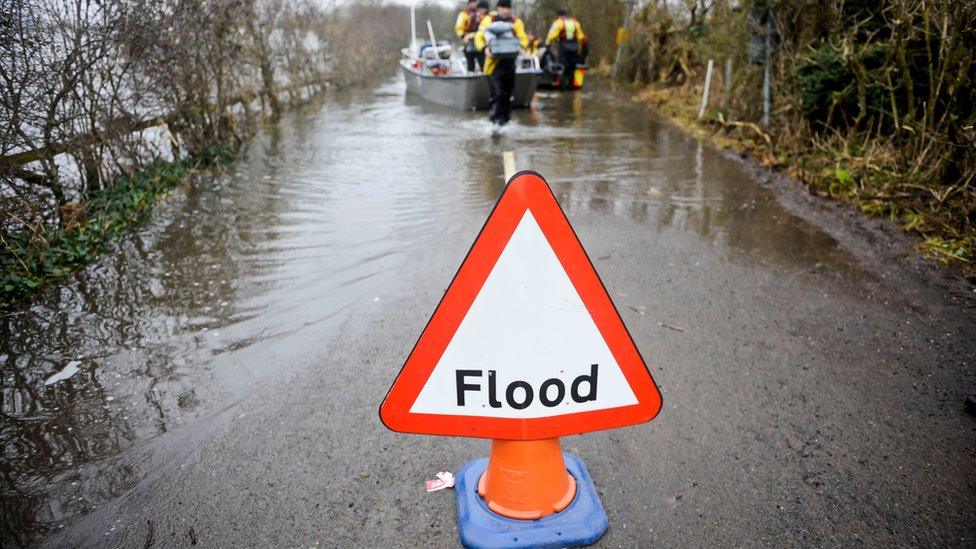
- Published19 June 2016
